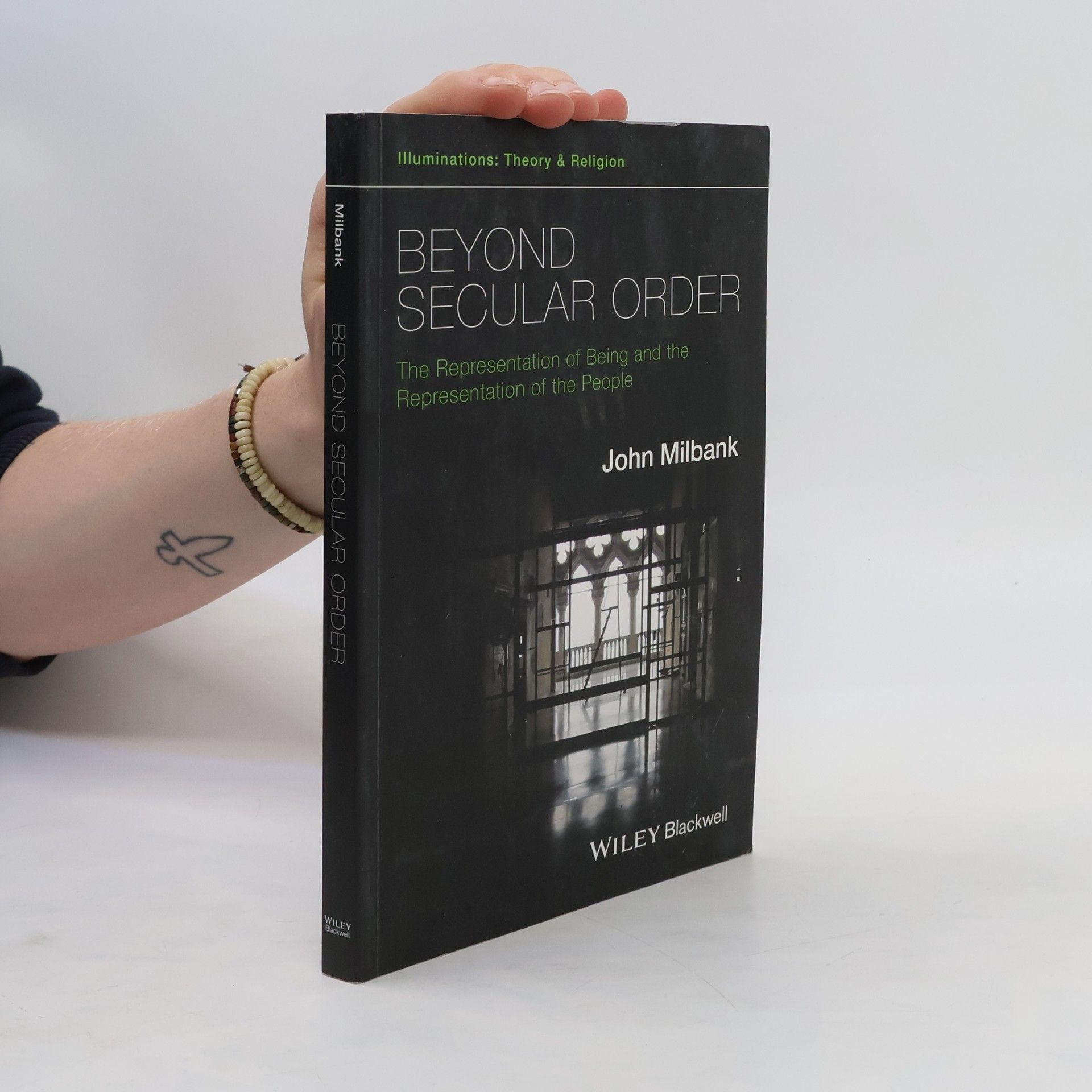Some Speaking Swirls
- 86 Seiten
- 4 Lesestunden
Exploring the blend of theology and poetry, the collection features verses that embody a sense of generosity and lightness. The lyrical moments resonate with a sensibility reminiscent of Traherne, highlighting vivid imagery of both familiar and strange creatures, such as a jackdaw and an escaped jaguar. Themes of creation and gratitude permeate the work, as the poems celebrate the beauty of existence, inviting readers to experience a world where nature sings silently and the essence of life is joyfully captured.

